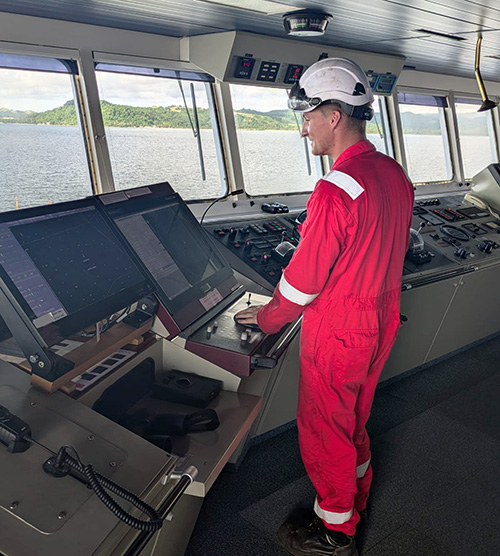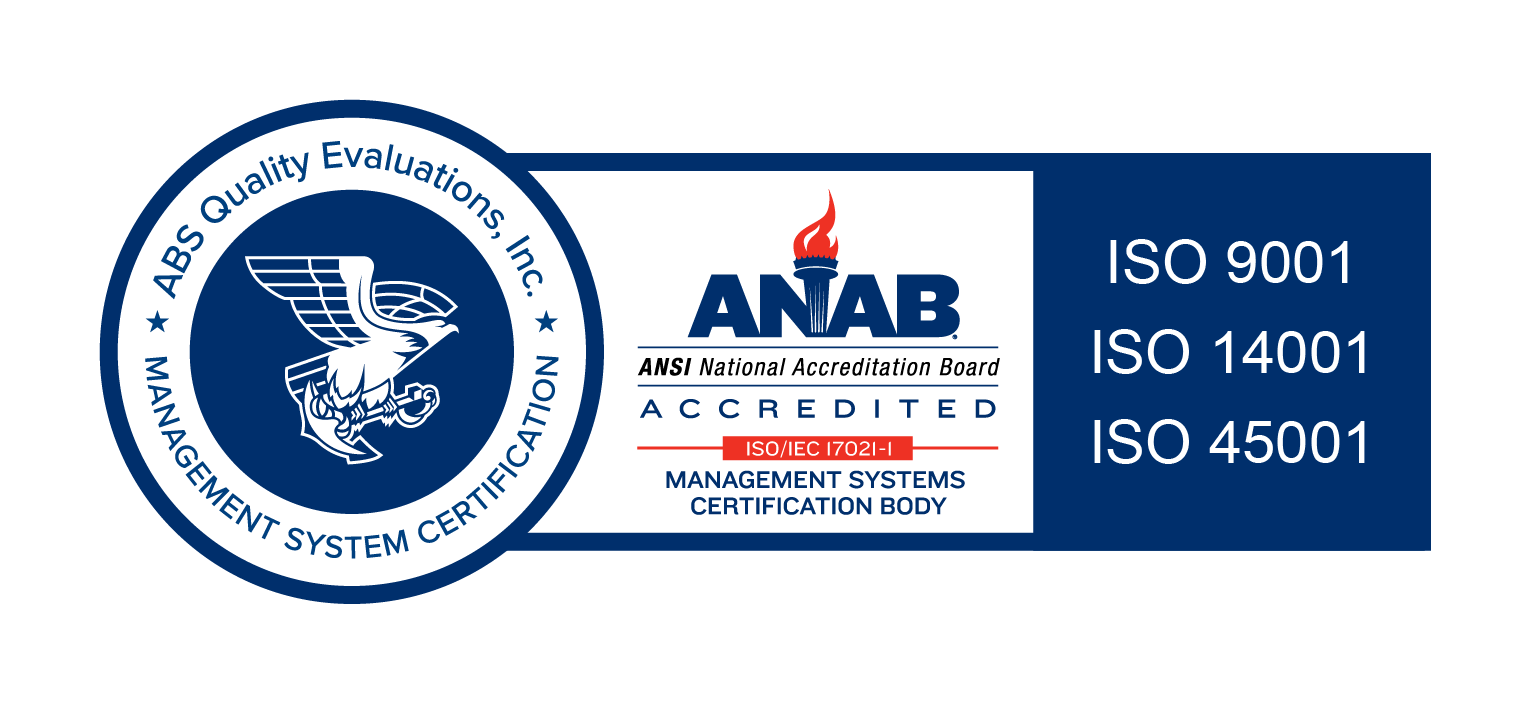Contact Us
Navigation-Deck Officer

The Role of a Navigation-Deck Officer
Navigational Duties: Deck Officers are responsible for planning and executing the ship’s voyage. This includes charting the course, considering weather and navigational hazards, and ensuring compliance with international maritime regulations and local laws.
Watchkeeping: Deck officers stand watch on the bridge to ensure the safe navigation of the vessel. They monitor the ship’s position using navigational equipment such as radar, GPS, and charts. During their watch, they maintain communication with other vessels and shore authorities.
Safety and Emergency Response: Deck Officers play a critical role in the ship’s safety procedures. They conduct regular safety inspections, drills, and equipment checks. In emergencies, they coordinate response efforts, including launching lifeboats and initiating distress signals.
Cargo Operations: Depending on the type of vessel, Deck Officers oversee the loading, stowing, and securing of cargo. They ensure that cargo operations comply with safety regulations and maintain stability and trim of the ship.
Maintenance and Inspections: Deck Officers are responsible for the maintenance and upkeep of deck equipment, life-saving appliances, and firefighting equipment. They conduct routine inspections to ensure everything is in good working order.
Bridge Team Management: Deck Officers lead the bridge team, which includes navigation officers and ratings. They delegate tasks, provide guidance, and ensure effective communication and coordination during operations.
Record Keeping and Documentation: Deck Officers maintain accurate navigational logs, records of cargo operations, and other documentation required by maritime regulations. They also handle administrative tasks related to port clearances and reporting.
Environmental Compliance: Deck Officers ensure the ship operates in an environmentally responsible manner. They follow protocols for waste disposal, ballast water management, and emissions reduction as per international standards.
Bridge Resource Management: Deck Officers practice bridge resource management (BRM) principles to enhance teamwork, decision-making, and situational awareness on the bridge. This helps prevent accidents and improve overall operational efficiency.
Navigation – Deck Officer Cadet Training
Becoming a Deck Officer begins with completing a three-year Higher National Certificate and Diploma in Nautical Science.
The course involves studying at our UK specialist nautical college partner and is split into three College Phases and two Sea Phases.
As a minimum the Cadet must achieve twelve months sea time of which six months will be performing bridge watchkeeping duties.
Topics covered at College
Practical Training
Workshops and simulated bridge operations and emergency scenarios.
Safety Training
Sea Phase
A Task Record Book is issued where reports and specific tasks are to be performed
